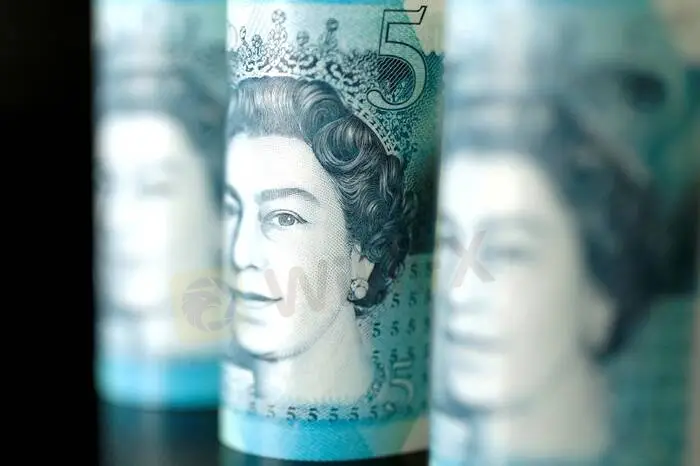简体中文
繁體中文
English
Pусский
日本語
ภาษาไทย
Tiếng Việt
Bahasa Indonesia
Español
हिन्दी
Filippiiniläinen
Français
Deutsch
Português
Türkçe
한국어
العربية
Sterling holds near 1-year lows as outlook darkens
Abstract:Sterling held near a one-year low on Friday, extending its losses after the Bank of England surprised the market by leaving interest rates unchanged on Thursday with investors betting that policymakers will keep rates on hold for now.
Sterling held near a one-year low on Friday, extending its losses after the Bank of England surprised the market by leaving interest rates unchanged on Thursday with investors betting that policymakers will keep rates on hold for now.
Seven of the nine members of the BoE‘s Monetary Policy Committee voted to keep the main interest rate at its all-time low of 0.1%, resulting in sterling’s biggest daily fall in more than 18 months.
Though markets are assigning a more than 50% probability of a rate hike in December, some investors are taking a more measured view.
“The fact that we‘ve had a massive readjustment yesterday and we’re seeing further adjustments today is not that surprising,” said Andrew Mulliner, head of global aggregate strategies at Janus Henderson Investors.
“If you look at what‘s priced in, you’re still expecting a BoE hike in December, but I think it‘s questionable whether we’ll get one or not.”
Ulrich Leuchtmann, head of FX and commodity research at Commerzbank, said in a client note that Bailey had “allowed the market to run in the wrong direction”, adding that “deteriorated communication” would make the banks tools less effective in future.
The pound was down 0.5% against the dollar at $1.3425, having earlier hit $1.3439, its lowest since Oct 1. It was trading a shade above a December 2020 low.
Versus the euro, it was down around 0.3% at 85.80 pence per euro, having earlier in the session reached 85.9, also its weakest since Oct. 1.
Sterling had been a major beneficiary of the global reopening trade, supported by a faster initial COVID-19 vaccine campaign than any other developed country. But the country has since faced a fuel crisis and a post-Brexit shortage of staff.
Negative news on the Brexit front also weighed on the pound.
There is a growing expectation that Britain will trigger Article 16, a clause that allows for unilateral action if the Northern Irish Protocol, governing post-Brexit trade with the EU, is deemed to be having a negative impact, RTE reported on Friday.
(Reporting by Elizabeth Howcroft and Saikat Chatterjee; Additional reporting by Sujata Rao; Editing by Raissa Kasolowsky and Steve Orlofsky)

Disclaimer:
The views in this article only represent the author's personal views, and do not constitute investment advice on this platform. This platform does not guarantee the accuracy, completeness and timeliness of the information in the article, and will not be liable for any loss caused by the use of or reliance on the information in the article.
WikiFX Broker
Latest News
Trading is an Endless Journey
Japan to Take Action to Stabilize the Yen
Ringgit Remains Flat Amid Holidays, US Debt Concerns Loom
Taurex: Is it Safe to Invest?
Malaysia’s Securities Commission Enforces Ban on Bybit & Its CEO
New Zealand's FMA Warns Against "YouTube Crypto Investment Scam"
The WikiFX 2024 Annual User Report is here! Come and claim your exclusive identity!
Will Inflation Slow Down in the New Year 2025?
SCAM ON SCAM: New Tactic Used by Scammers
Crypto Fraud: MBBS Student Linked to Rs.8 Lakh Scam
Currency Calculator


